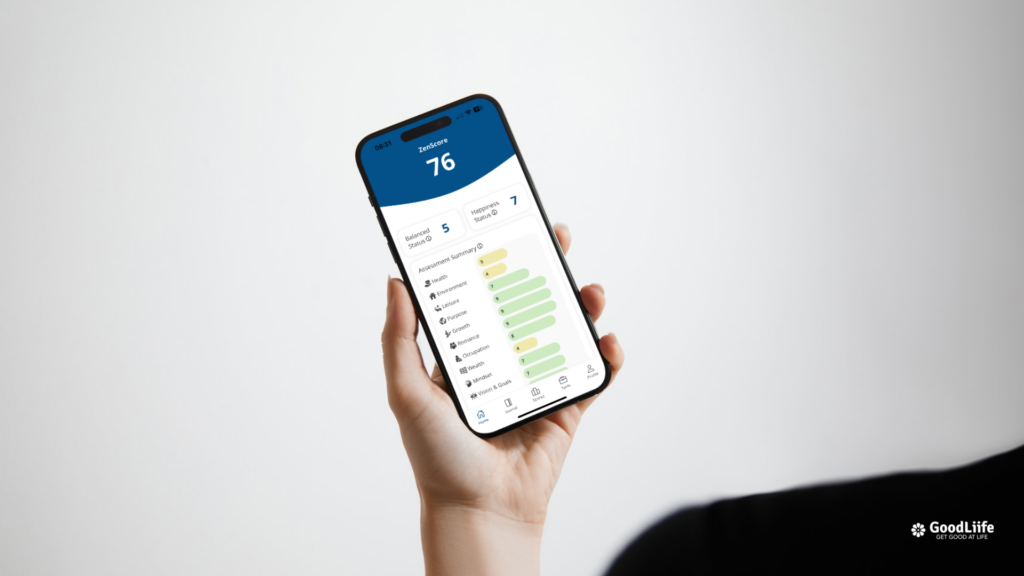Mentorship has been a cornerstone of personal and professional development for centuries, enabling individuals to learn, grow, and thrive through the guidance of experienced mentors. At its best, mentorship fosters a dynamic exchange of ideas, knowledge, and support, creating a ripple effect of growth that benefits not only the mentee but also the mentor and their broader community. In today’s world, effective mentorship is more important than ever, offering a structured pathway for navigating challenges, achieving aspirations, and unlocking untapped potential.
Despite its proven benefits, successful mentoring doesn’t happen by chance. It requires intentional effort, thoughtful practices, and a commitment to mutual growth. Whether you are an aspiring mentor eager to share your expertise or a mentee looking to gain valuable insights, understanding and applying key best practices is essential. Let’s delve into these strategies to ensure every mentorship relationship becomes a meaningful and productive journey.
1. Establish Clear Objectives
A successful mentorship starts with a shared understanding of its purpose. Discuss the goals and expectations early on, whether they’re related to skill development, career advancement, or personal growth. Use SMART goals (Specific, Measurable, Achievable, Relevant, Time-bound) to set actionable targets and track progress.
Research Insight: According to a study published in the Journal of Vocational Behavior, clear goal-setting in mentoring relationships is positively correlated with higher satisfaction and better career outcomes for mentees. This highlights the importance of aligning on objectives from the outset.
Tip: Write down goals and revisit them during each mentoring session to assess progress and make necessary adjustments.
2. Foster Open Communication
Effective communication is the cornerstone of any mentorship. Create a safe space for honest dialogue by encouraging questions, providing constructive feedback, and actively listening. Regular check-ins can help keep both parties aligned and address any emerging issues.
Supporting Evidence: Research from the Center for Creative Leadership emphasizes that open and honest communication strengthens mentor-mentee relationships and reduces misunderstandings.
Tip: Use tools like video conferencing or messaging apps for consistent communication, especially in remote mentoring relationships.
3. Build Mutual Trust and Respect
Trust is the foundation of a meaningful mentor-mentee relationship. Mentors should maintain confidentiality and demonstrate empathy, while mentees should show commitment and respect for their mentor’s time and expertise. A foundation of mutual respect fosters a deeper and more rewarding connection.
Practical Example: A mentor who shares their own challenges and failures builds authenticity, which fosters trust and encourages mentees to open up about their struggles.
4. Adapt to Individual Needs
Each mentee is unique, with different learning styles, goals, and challenges. Customize your approach to align with their specific needs. For example, some mentees may thrive on structured guidance, while others prefer a more flexible, hands-off approach.
Study Insight: A Harvard Business Review article on mentorship effectiveness found that tailored mentoring approaches yield better results than one-size-fits-all strategies.
Tip: Conduct an initial assessment of the mentee’s strengths, weaknesses, and preferred learning methods.
5. Provide Constructive Feedback
Feedback is a vital element of growth. Offer insights in a supportive and actionable manner. Frame critiques positively by focusing on areas for improvement while acknowledging accomplishments. For mentees, being open to feedback and showing a willingness to learn is equally important.
Research Note: Feedback delivered in a positive and respectful manner enhances learning outcomes, according to a study in the International Journal of Evidence-Based Coaching and Mentoring.
Tip: Use the “feedback sandwich” method—start with a positive comment, provide constructive criticism, and end with encouragement.
6. Encourage Skill Development
Mentors should guide mentees in acquiring new skills and expanding their knowledge. Share resources such as books, courses, or networking opportunities that align with their goals. Encourage mentees to step out of their comfort zones and tackle challenges that promote growth.
Example Resource: Recommend relevant online platforms like Coursera or LinkedIn Learning for skill enhancement.
7. Cultivate Accountability
Accountability ensures progress. Both mentors and mentees should set and honor commitments, such as scheduled meetings or agreed-upon action items. Regularly revisiting goals and tracking achievements can keep the relationship productive and focused.
Practical Tip: Use shared calendars or project management tools like Trello to keep track of tasks and deadlines.
8. Promote Independence
The ultimate goal of mentorship is to empower mentees to succeed independently. Rather than providing all the answers, encourage critical thinking and problem-solving. Gradually reduce direct guidance as the mentee grows more confident and capable.
Study Reference: Research in Educational Leadership shows that autonomy-supportive mentoring fosters self-efficacy and long-term success.
Tip: Pose thought-provoking questions instead of offering solutions outright.
9. Reflect on the Relationship
Periodic reflection can strengthen the mentoring bond. Both parties should assess what’s working well and identify areas for improvement. This continuous feedback loop helps ensure the relationship remains dynamic and beneficial for both mentor and mentee.
Tip: Schedule a bi-annual review to evaluate the relationship’s progress and recalibrate as needed.
10. Celebrate Milestones
Recognizing achievements is essential for motivation and morale. Celebrate milestones, whether big or small, to acknowledge progress and inspire continued efforts.
Example: Send a congratulatory note or organize a small celebration when major goals are achieved.
Leveraging the GoodLiife Score App in Mentorship

The GoodLiife Score App offers an innovative way to enhance mentor-mentee relationships. Its ZenScore™ feature provides a holistic self-assessment that evaluates how users feel about key aspects of their lives, such as career, relationships, and personal growth. This insight can serve as a starting point for mentorship discussions, helping mentors identify areas where mentees need the most support.
Supporting Research: Studies on self-assessment tools indicate that they improve self-awareness and goal alignment, key elements in successful mentoring relationships.
Additionally, the app’s goal-setting and progress-tracking capabilities align seamlessly with mentorship practices. Mentors can use the app to set shared objectives, monitor progress, and maintain accountability. The focus on balanced priorities and stress reduction also ensures mentees remain motivated and resilient throughout their journey.
Conclusion
Mentorship is a journey of shared growth and discovery. By adhering to these best practices, mentors and mentees can build meaningful relationships that lead to transformative personal and professional outcomes. Tools like the GoodLiife Score App can further elevate this experience by fostering clarity, accountability, and well-being. Embrace these strategies and tools to unlock the full potential of mentorship and create a lasting impact.
Learn more about the GoodLiife Score App here or download from the App Store.
